R (Part 1)
Regression, Rehearsal, Relationship, Reparative Experience
Regression
If therapy was a film, regression would be a moment where the image goes blurry and then we see our central character back in the train station at which they met their lover twenty years before. We hear his voiceover as he describes what happens, all the while we watch what he’s describing as if we are in his head.
If only regression was like a film, though.
Regression means returning to an earlier (younger) developmental stage. When clients ‘regress’ it is usually subtle: maybe a feeling from long ago, maybe a voice, a fear or an interaction with the therapist emerges which feels palpably younger than the client usually presents. I’ve experienced it when clients talk about their childhoods and the native accent they had back then, which has long since vanished from their voice, creeps back in. I’ve seen clients almost literally become younger before my eyes – their body posture, their voice – and for a few moments I get the sense of what it would have been like to sit with that person at a much earlier time of their life.
Regression is a process to be cautious about. For people who have experienced trauma, for instance, it can be their worst fear: a sense that they could be taken back almost as if in a time-machine and re-live what happened to them all over again. Nobody wants that, including me, not least as it makes the process of healing even harder. But when, as Harry Guntrip (1968,p71) expressed it, we can “convert regression into rebirth and regrowth” it can be an incredibly valuable and reparative experience.
Rehearsal
Before training as a psychotherapist I worked for many years in the theatre. I loved rehearsals. If I could define them it would be something like "place where we say 'let’s try this and see if it works and if not we’ll do something else’”. In therapy, sometimes, I encourage a similar process: “Let’s imagine I’m your dad that day when he said that. What would you want to say to him?” And I have the client talk to me as if I am him. They’ll say “You hurt me” rather than “I’d tell him he hurt me”. We make it as real “as if”.
Often I don’t say anything at all; it’s enough for the person just to be talking to a live human being. Occasionally I will respond, or maybe say the thing which caused the issue we’re discussing so that the client can get a context for their remarks. It is very striking how often I, who looks and sounds and acts nothing like the person in question, can provoke a reaction which gives us a semblance – say 20 or 30% - of the feeling the person felt at the time. But the script is theirs; I am not a director. I am an actor reading-in.
Therapeutic rehearsals can also be useful in preparing for a hard conversation: ‘trying out’ what the person might say to their husband in order to explore what feels important to say. Sometimes the reverse is true: we explore what they would love to say but know would not actually be constructive in the real situation.
Whatever the purpose, rehearsal can be a useful technique for some people to have the experience of saying something out loud which they have never expressed and seeing how it feels.
Relationship
All therapy, all life, is about relationship.
Almost whatever people come to therapy about, relationship – how they relate to others – is likely to be central to their concerns. And a great way to gain access to that is via the relationship that exists live in the moment: the relationship with the therapist; what Martin Buber called “the sphere of the in-between”.
Renata feels intimately and permanently bound to her therapist within ten minutes of sitting down. She can’t imagine ever leaving him. And yet she knows nothing about him. What does this say about how she relates to people?
Rennie is adamant his therapist means nothing to him: it’s a business arrangement and that’s all there is to it. If his therapist left the country tomorrow he’d just find another therapist. What might this say about how he relates to people?
Reece is afraid of his therapist but also deeply attracted. He wants to have sex with the therapist but also fears her wrath, is terrified of being abandoned, anticipates rejection at some stage and braces for it. What might this say about how he relates to people?
None of the above examples are uncommon. But all have different reasons, and all are central to how those people relate. Relationship is, after all, about recognition. As Jessica Benjamin writes: “In the very moment of realising our own independent will we are dependent on another to recognise it.”
Reparative Experience
The thing I love most about therapy is its capacity to be a reparative experience: a place to correct, re-experience, neutralise or manage bad experiences, bad learnings or rough relationships differently. This is, in many ways, the essence of what a therapist should provide.
You can be angry and not risk retaliation.
You can be messy and not be punished.
You can cry and not be shut down.
You can be confused and not be taken over.
You can be heard and not told.
Very often the essence of therapy is “I said this thing out loud and survived”. What could be more powerful than that?
Next Week: R (Part 2)
Repression, Resilience, Risk, Rules, Ruptures
